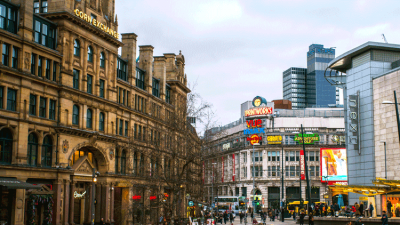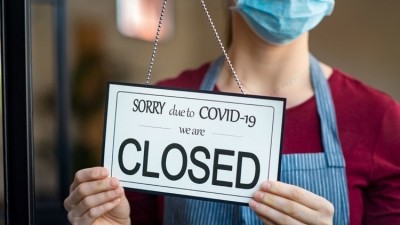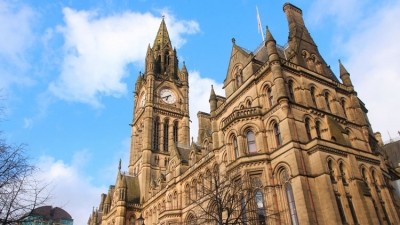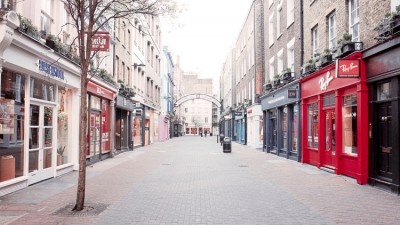Many hospitality businesses face 'point of no return' as Prime Minister sets out new restrictions - updated

Speaking in the House of Commons this afternoon (12 October), Boris Johnson set out a new alert system to deal with local outbreaks of Coronavirus in England, which divides the country into three tiers of escalating severity – ‘medium’, ‘high’, and ‘very high’.
In areas labelled ‘very high’ risk, the majority of pubs and bars will be ordered to close and social mixing between households will be banned indoors and outdoors.
However, restaurants and any pubs or bars that are able to 'operate as if they were a restaurant' and serve 'substantial' meals will be allowed to remain open under the highest tier.
Initially, only the Liverpool City Region will face the highest level of restrictions as a result of the rising number of Coronavirus cases in the area.
Areas already facing local restrictions such as Greater Manchester and the North East will be in the ‘high’ tier, with the measures similar to what they currently are nationally, but restrictions placed on multiple households meeting in indoor settings.
The rest of the country, including London, will be placed in the lowest or ‘medium’ tier, which will follow current national measures such as the rule of six and 10pm curfew.
During his speech, the Prime Minister confirmed that local authorities will have the power to introduce further restrictions on hospitality, leisure and entertainment under the ‘very high’ tier.
He confirmed that in Liverpool, leaders had agreed gyms, leisure centres, betting shops and casinos would also close from Wednesday as a result of the new restrictions.
As outlined by Chancellor Rishi Sunak last week, in areas where businesses are forced to close the Government will cover two-thirds of employee wages as part of an expansion of the Job Support Scheme (JSS), with closed businesses also able to benefit from a cash grant of up to £3,000 a month depending on their rateable value.
A further £1bn will also be made available for local authorities to distribute.
While some restaurateurs will feel like they’ve dodged a bullet by being able to remain open, there are fears that the new restrictions will have a devastating impact on what are already significantly depleted trade levels.
What’s more, without an order to close, these businesses will not be able to benefit from the JSS furlough scheme, meaning many jobs are likely to be put at risk as a result of the downturn caused by the new restrictions.
This threat also extends to businesses operating in areas deemed ‘medium’ or ‘high’ risk.
Commenting on today’s announcement by the Prime Minister, trade body UKHospitality warned of a lack of support for hospitality businesses in tiers one and two, who will face severe restrictions without ‘proportionate’ support.
“The impact of all of these restrictions is huge and we are quickly reaching the point of no return for many businesses,” said UKHospitality chief executive Kate Nicholls.
“For those businesses in tier three areas, forced to close their doors again, things look bleak but the support announced last week for closed businesses will hopefully give them the breathing room they need to survive another lockdown.
“There is currently a concerning lack of support on offer for hospitality businesses in tier two, and to a lesser extent tier one, despite their facing restrictions that is seeing trade down by between 40% to 60%.
“They will have the worst of both worlds, operating under significant restrictions without the financial support on offer to tier 3 businesses.
“Without enhanced grant support and enhanced Government contributions to the Job Support Scheme, many are going to fall by the wayside.
“It is time for the Government, at the very least, to rethink the mandatory 10pm curfew in those areas where COVID rates are low.
“It was imposed without credible evidence that hospitality is the source of increases in transmission, while some evidence points the other way.
“To leave hospitality out to dry would be a grave and risky move and would cost many people their jobs.”
*Article updated on 13 October to reflect publication of Government guidelines with regards to how a pub or bar in a 'very high' risk area can operate as a restaurant and stay open.
























